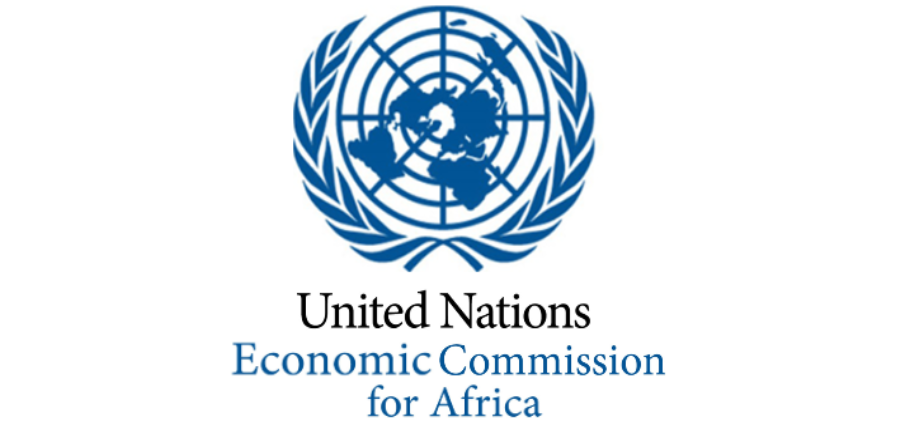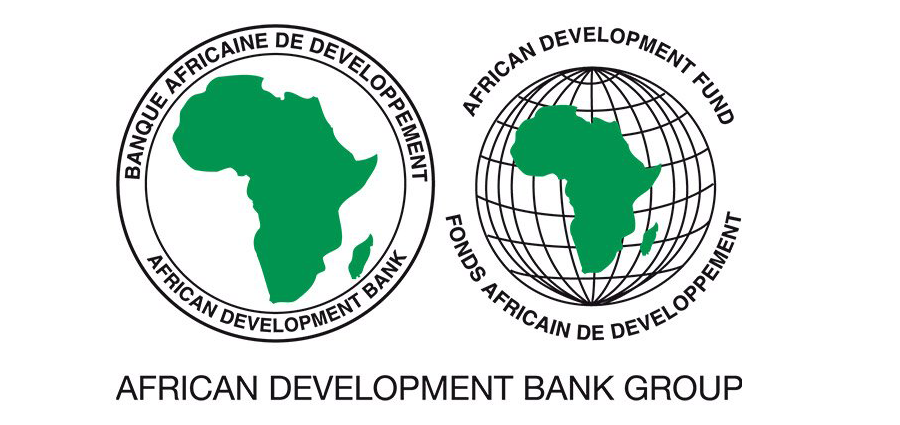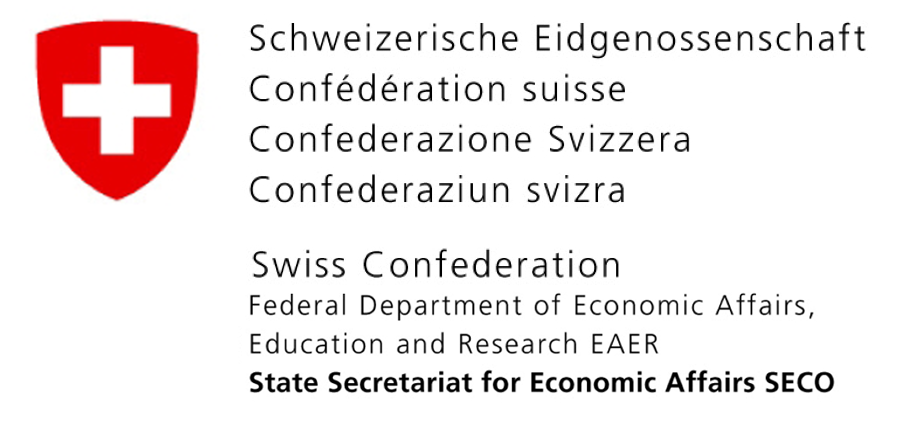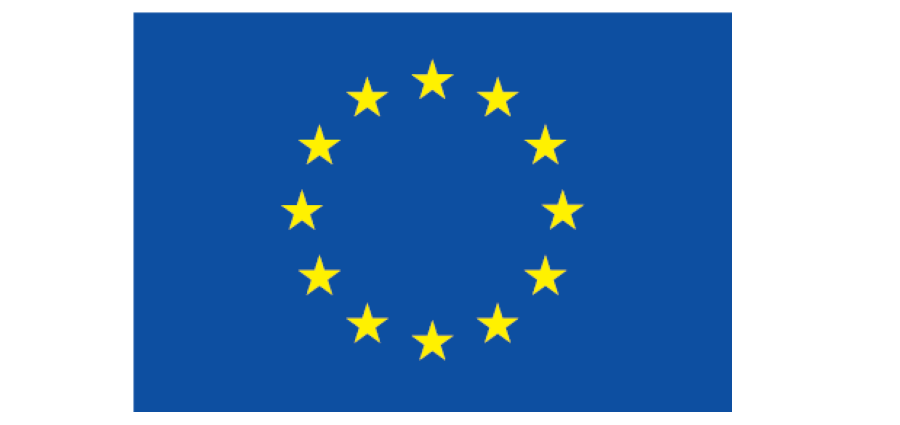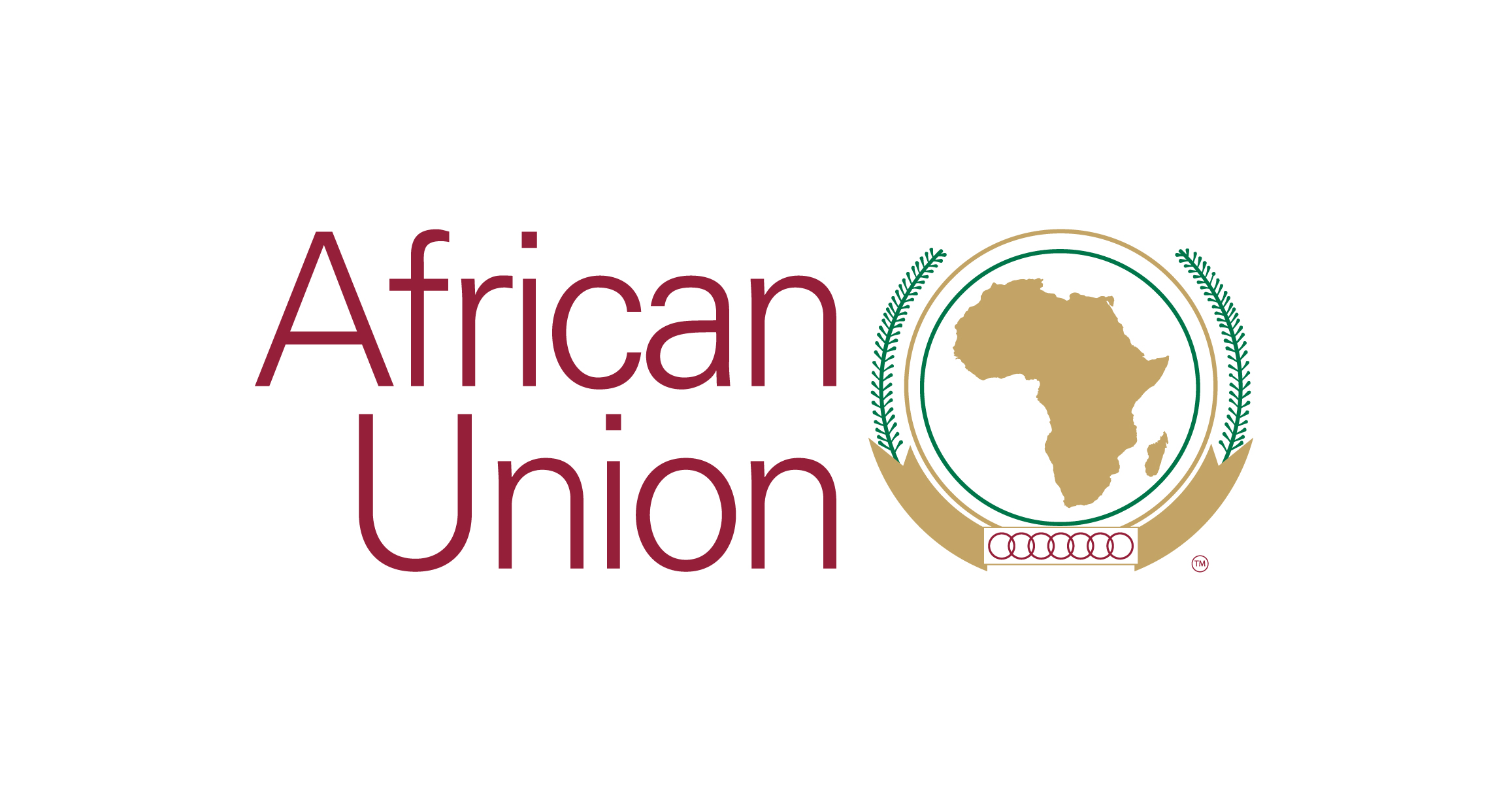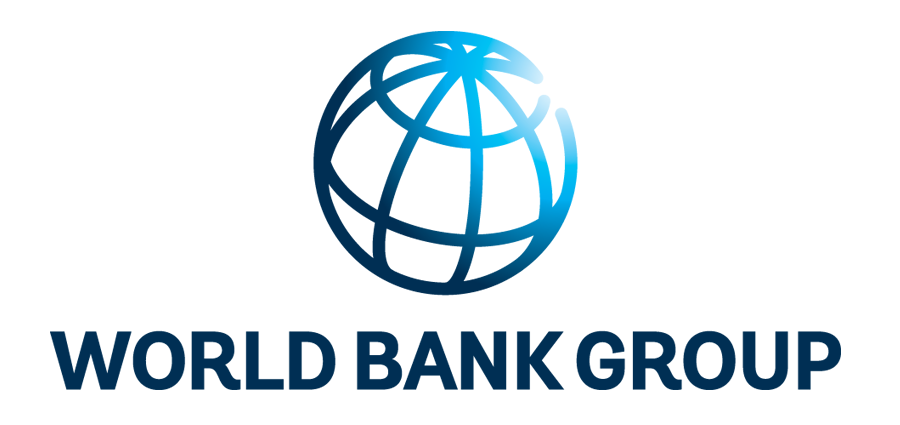A Study of Road Safety Lead Agencies in Africa
Road traffic fatalities and injuries are a global concern acknowledged in the United Nations Sustainable Development Goals (SDGs), an African concern acknowledged in the African Road Safety Charter, and a national concern acknowledged in various country policies and laws. Road safety lead agencies (RSLAs) are responsible for leading national efforts to achieve the national road safety goals, bringing all arms of government and society together to improve safety outcomes.
Road safety Action Plans and Strategies in Cameroon, Ethiopia and Zambia
Cameroon
The Ministry of Transport has developed a National Road Safety Strategy with a Priority Action Plan for the period 2011-2012 which has been followed by a second one for the period 2013-2014.
Road Safety Lead Agencies: Good Practices
The Decade of Action for Road Safety encourages Governments to commit to the Decade of Action for Road Safety by implementing action plans that address the following five pillars:
Establishment of an Observatory of Non-Physical Barriers on the Brazzaville-Kinshasa-Bangui-Kisangani River Corridor
In 2010, the International Commission of the Congo-Oubangui-Sangha Basin (CICOS) requested funding from the SSATP to conduct a baseline study on the Brazzaville-Kinshasa-Bangui-Kisangani Corridor, with a view to establishing an observatory of non-physical barriers. CICOS is a subregional organization established in 1999 between the Republic of Cameroon, the Central African Republic, the Republic of Congo, and the Democratic Republic of Congo, after the signing of an agreement establishing a uniform river regime.
Progress on Commercialized Road Management in Sub-Saharan Africa
Some 20 Road Authorities have been established in Sub-Saharan Africa (SSA), most since 2000. These agencies were created broadly in line with the principles espoused in the Road Management Initiative (RMI), a component of the Sub-Saharan Africa Transport Policy Program (SSATP). The agencies were established with the main objective of being more consumer-oriented and market-responsive than the largely politically driven, traditional government Road Agencies.
A Study of Institutional, Financial and Regulatory Frameworks of Urban Transport in Large Sub-Saharan African Cities
This working paper presents the findings of "A Study of Urban Transport Institutional, Financial and Regulatory Frameworks in Large Sub-Saharan African Cites" and it was commissioned by the Sub-Saharan Africa Transport Policy Program (SSATP). The study objective was to review the institutional, financial and regulatory frameworks for the provision of urban transport in four selected cities, Dakar (Senegal), Douala (Cameroon), Kampala (Uganda) and Nairobi (Kenya).
Gazing into the Mirror II - Performance Contracts in Cameroon Customs
This second volume of Gazing into the Mirror presents the results of the bold and original reform process initiated in 2009 to modernize the Cameroon Customs Administration and to instill a radically new culture within it. The objective is to facilitate trade and fight against fraud and bad practices. At the heart of this process are performance contracts signed between the Director General of Custom (co-author of the book) and Customs officers.

